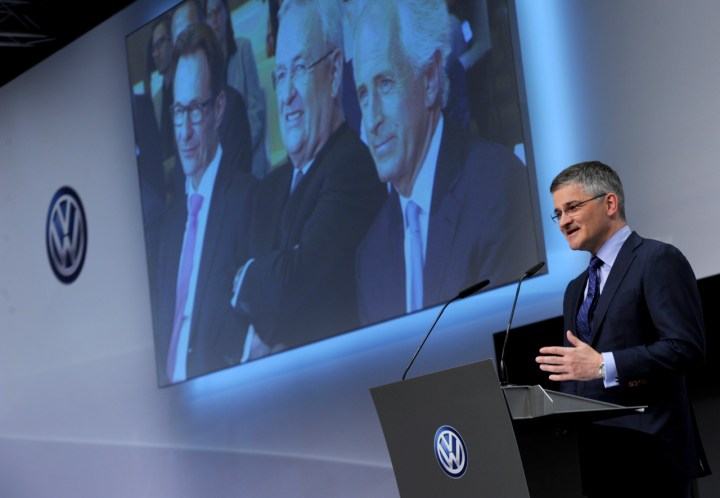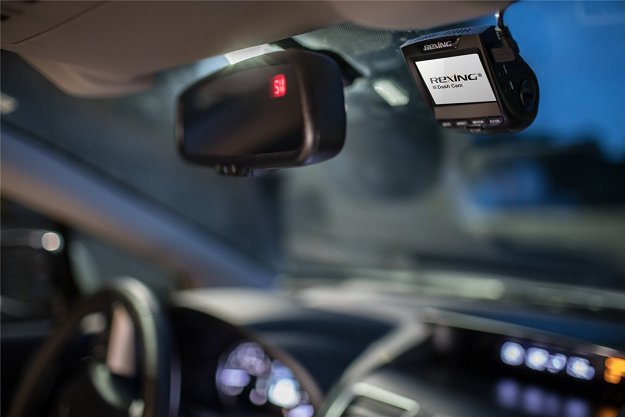
The emissions scandal involves more than 11 million cars worldwide, including around 482,000 in the United States. Horn said that Volkswagen is committed to fixing, upgrading, and retrofitting each of the vehicles from the affected 2009-2015 model years, but it will take a significant amount of time and a near-insurmountable amount of resources.
Newer cars will receive a simple software fix sometime early next year, but remedying older vehicles will be much more complicated. After conferring with diesel experts, Horn said many TDIs will require a costly retrofit with a new catalytic converter and possible urea injection — a substance that reduces the concentration of nitrogen oxide in diesel exhaust fumes. Whatever the solution may be, the CEO warned that although the cars will return “window sticker” fuel economy, performance could diminish. The company is currently weighing the options for compensating owners.
Perhaps the most notable revelation, though, was Horn’s confidence that the so-called defeat device was the work of a few “rogue” German engineers, not a widespread corporate movement. To date, at least three individuals have been suspended, but the investigation is still ongoing. Volkswagen Group has set aside 6.5 billion euros ($7.3 billion) to mitigate service costs, fines, and other expenses thus far.
During his testimony, Horn repeatedly apologized and expressed shock regarding Volkswagen Groups’ betrayal of trust, going as far to say he feels deceived by his own company.
“It’s dead wrong when you put corporate profits before people,” he exclaimed.


